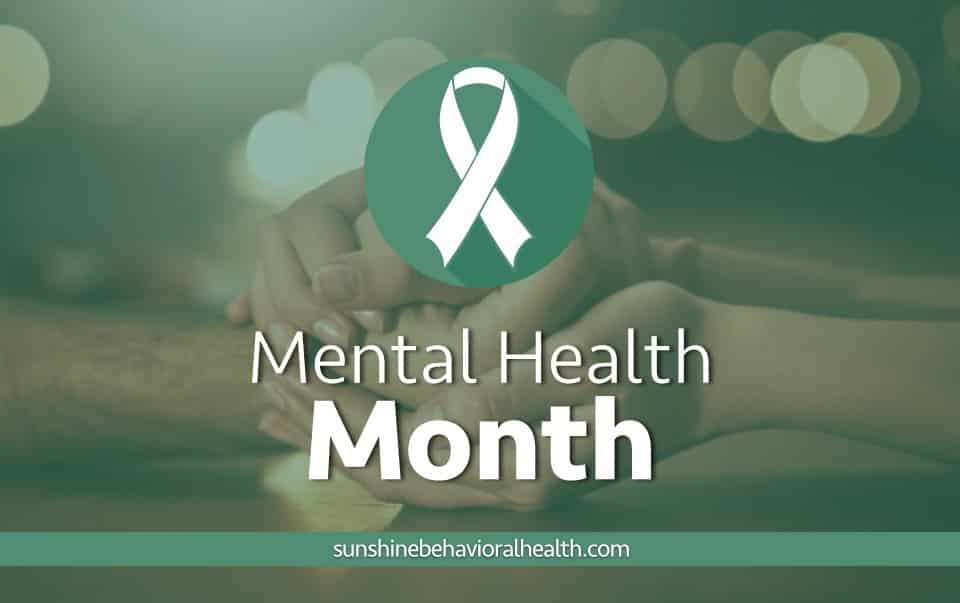
Global Pandemic Means OMG Stress Levels for OCD Sufferers
There’s a gif circulating on social media of a pangolin (basically a scaled anteater) snapping into a tight ball. The caption: “When you hear someone cough.” That pretty much sums up how a lot of people feel in the season of COVID-19. (Oddly, some people speculate that the pangolin might be a carrier for the COVID-19 coronavirus.) For those coping with obsessive-compulsive disorder (OCD), that fear may be magnified and super stressful. With a potentially deadly virus circulation, that can only elevate a person’s existing fears of contamination.What Is OCD?
The National Institute of Mental Health defines OCD as a lasting disorder characterized by uncontrollable obsessions and compulsions. Obsessions include:- Excess fear of germs
- Unwanted thoughts (usually forbidden ones tied to sex, religion, or harming oneself or others)
- Wanting things in perfect order
- Hand washing
- Mumbling silent prayers
- Ordering things in a certain way
- Counting
- Checking and rechecking on things (like if the door is locked)
Keeping Corona-Free
A few simple precautions can help prevent the spread of the coronavirus, and there’s no need to do them repeatedly, just as long as you stick to social distancing measures. Otherwise:- Wash your hands with soap and water for at least 20 seconds. Then dry thoroughly with a clean towel. In the absence of soap, use a hand sanitizer with at least 60% alcohol.
- Try not to touch your eyes, nose, and mouth.
- Clean doorknobs, light switches, keyboards, cell phones, or any surface that is frequently touched using household wipes or cleansers.
- When out, wear a mask and keep six feet away from other people.
Treating OCD
OCD is treatable, fortunately. Resorting to substance abuse isn’t likely to fix anything, though a significant number of OCD sufferers do try to self-medicate with drugs or alcohol. Usually medications such as antidepressants, antipsychotics, or mood stabilizers help, especially when paired with cognitive behavioral therapy (CBT). Exposure and response therapy can also help. That’s where a client dips their toe into confronting their fears, continuously building on the process to overcome the anxiety. Pairing proper hygiene with a realistic outlook on what is and what isn’t likely to contaminate — say, touching a clean item in one’s home that predates the corona outbreak — things like that can help in the adjustment. And even though people are for the most part staying home, telehealth options make it possible to seek treatment, and that’s as clean as your phone. (A little hygienic humor doesn’t hurt either.) Sources nami.org – Coronavirus: Mental Health Coping Strategies nimh.nih.gov – Obsessive-Compulsive Disorder medlineplus.gov – Obsessive-Compulsive Disorder nytimes.com – For Those with O.C.D., a Threat That Is Both Heightened and Familiar yalemedicine.org – 5 Things Everyone Should Know About the Coronavirus Outbreak ncbi.nlm.nih.gov – Substance Use Disorders in an Obsessive Compulsive Disorder Clinical Sample sunshinebehavioralhealth.com – Cognitive Behavioral Therapy sunshinebehavioralhealth.com – Keep Receiving Treatment During the COVID-19 Outbreak: A List of Online Addiction Recovery ResourcesA Message From Our CEO
Medical disclaimer:
Sunshine Behavioral Health strives to help people who are facing substance abuse, addiction, mental health disorders, or a combination of these conditions. It does this by providing compassionate care and evidence-based content that addresses health, treatment, and recovery.
Licensed medical professionals review material we publish on our site. The material is not a substitute for qualified medical diagnoses, treatment, or advice. It should not be used to replace the suggestions of your personal physician or other health care professionals.





